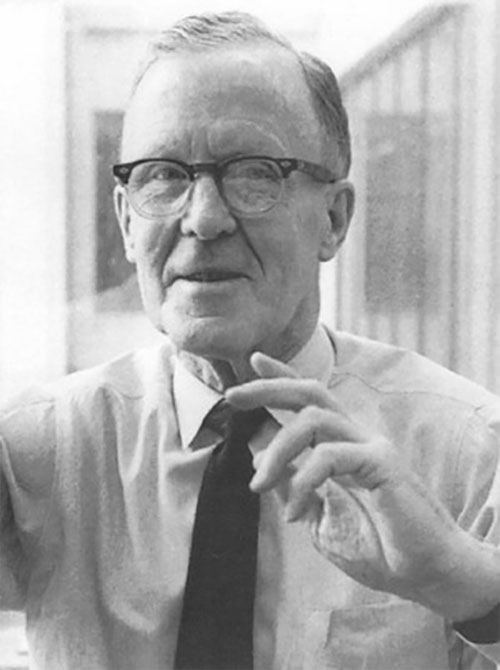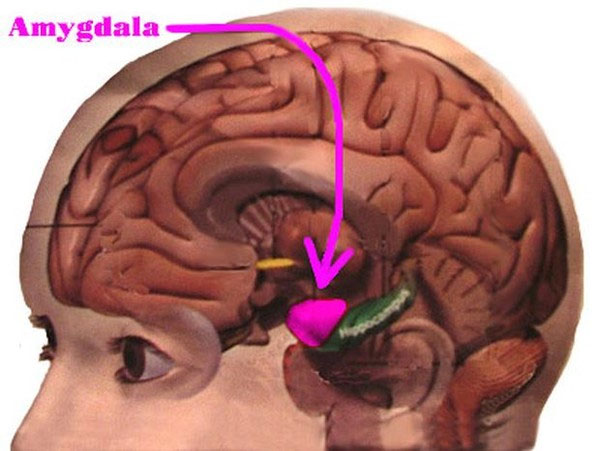Explaining bad memory always
Let's find the real cause of why bad events and memories are so hard to forget.
There are many events in our lives that are unforgettable, but bad moments tend to be 'deeply rooted' in the brain for a long time.
In a study published in the latest issue of the Proceedings of the National Academy of Sciences , scientists have identified the mechanisms of the brain responsible for moving bad memories into the region. store long-term memories. And surprisingly, they are very important for survival.
In this study, the scientists tried to regulate the source of the 'electromagnetic force' that neurons use to connect in the amygdala (amygdala) - the area where human emotions are handled. .

The purpose of the study is to test the long-standing hypothesis of how to build memories of the human brain. That's the theory of the flexible nervous system that the scientist Donal Hebb mentioned in 1949. Accordingly, not only neurons but also other mechanisms are responsible for building 'bad memories'.

Portrait of researcher Donald Hebb.
Joseph LeDoux - professor and director of research at the Center for Neuroscience at New York University said: 'The convergence of strong and weak inputs is also enough to form a link between the agent prefer. However, this is not enough, other mechanisms in the brain are things that help improve memories. '

Further understanding this study, the scientists found the ability to change the strength of the bond, the toughness between the synapses .
Accordingly, when synapses are repeatedly stimulated and linked between two cells stronger. These two cells activate each other more effectively and form a link. Many such links gradually create a connection network to represent a concept - memory.
To explain this theory in an easy-to-understand manner, we take an example of how humans remember a cat's image.

At least one neuron represents a characteristic of a cat that has been formed in the brain: the cell recognizes the characteristic of hair, the other cell is a 4-leg trait, catches mice .
When considering a cat, the corresponding neurons are activated at the same time and stimulated, linked together by synapses and the brain's concept of 'cat'.

Scientists have therefore done many experiments and demonstrated that this theory is accurate when minimizing brain activity.
However, Hebb's idea of the synapses' flexibility has not been proven in real memory formation in mammals and complex brains.

So the question is: does electric stimulation directly from sad experiences on neurons in the amygdala have activated memory formation?
In another experiment, scientists here have 'switched off' electrical stimulation during an individual's period of shock because of a dangerous situation.

In this experiment, an auditory cell is connected to an average shock current to produce an emotional response. Experts found that blocking the cell's electromagnetic activity would undermine the memory of a bad event that happened.
This result is reflected in the lack of reception information that creates stronger connections between nerve cells in the amygdala.

However, when the stimulus of the shock is removed and replaced by an auditory cell connection, even if the laser is stimulated directly on the cell in the amygdala, the information reception does not occur.
In other words, memory formation is not done. But when scientists activate the noradrenaline receptors - a brain molecule that plays an important role in forming the 'attention' of humans at the same time with the above laser stimulation, the process of receiving information is perform.

This proves that although the mechanism given by Hebb is important, it is not a condition for memory formation. Instead, the involvement of tiny molecules called neuromodulator is necessary.

This finding helps us understand more about how bad experiences are transformed by the nervous system into unhappy memories.
This study also contributes to the interpretation of anxiety-related illnesses, such as post-traumatic trauma. It helps scientists understand more about formation and why negative memories exist long in human memory.
* The article expresses the views of researcher James Devitt of New York University on Futurity.
- Memory process of the brain and methods to improve memory!
- Detects tremors of memory and memory
- 'Curse' of those who remember everything
- You can learn to possess super-powerful memory: remember 500 words in 5 minutes
- Find out how to recover memory
- Listening or seeing helps you remember longer?
- Shocking discovery of monkey's memory
- People with memory only last 90 minutes
- Decoding the reason why old people still have super memory
- Why can the sense of smell help restore memory?
- The secret of good rememberers like computers
- Interesting story about the memory of geniuses
 'Fine laughs' - Scary and painful torture in ancient times
'Fine laughs' - Scary and painful torture in ancient times The sequence of numbers 142857 of the Egyptian pyramids is known as the strangest number in the world - Why?
The sequence of numbers 142857 of the Egyptian pyramids is known as the strangest number in the world - Why? History of the iron
History of the iron What is alum?
What is alum?